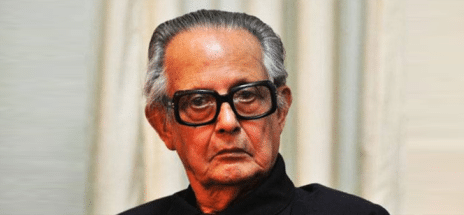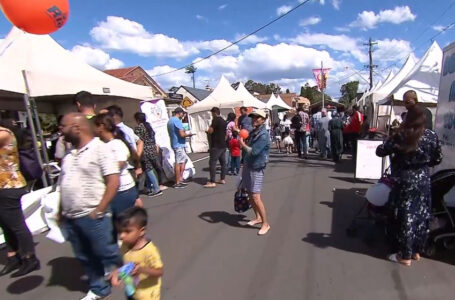R. K. LAXMAN: A TRIBUTE

‘R. K. Laxman, arguably India’s most famous cartoonist, passed away on India’s Republic Day. In this piece we pay tribute to the man who made us laugh despite everything. He changed the world, one cartoon at a time.’
How fitting it is that R. K. Laxman died on the 26th of January, on India’s 69th anniversary of becoming an independent republic. How fitting it is that the artist, cartoonist, novelist, intellectual, political commentator, who gave all of us common men a voice by creating the character of The Common Man, should choose the Republic Day to bid us all goodbye.
How fitting, and how sad.
Sad not because he has passed away – for that is a road all of us have to walk – but it just seems that it has been over all too soon. Yes, he lived to be ninety-four, and by all standards that’s a full life, but when the news came, the first reaction of many Indians was probably: ‘What? Already?’
It’s because time seems to fly when we’re having fun.
And R. K. Laxman has somehow fused the idea of having fun with the very serious business of doing political commentary in India. In a country where tempers flare on the smallest disagreements even between lifelong lovers, where every backyard is a hothead of searing political debate, before R. K. Laxman came along and drew the Common Man cartoons, it never occurred to us that we could laugh at our country’s political state.
Out of pity and despair, often springs laughter. Who knew?
R. K. Laxman was the brother of R. K. Narayan, another great artist from India, and in many ways both of them dealt in images. One used lines to create them, while the other used words. If you asked young parents today whether they would be proud if one of their children grew up to be a Padma Vibhushan awardee (India’s second-highest civilian honour), the answer would be an emphatic yes. What would the parents of the R. K. brothers have said if you had told them – way back in the 1950’s – that not one but two of their sons would go on to bag the prestigious honour?
They would have laughed in your face, of course. Again that word: laughter. Any emotion – even disbelief – when stretched for long enough can cause laughter. It is our defence mechanism, our go-to setting. At the end of a long day, no matter how bad it had been, sitting back and laughing about it seems to drive the worries and pains away.
Sadness brings about laughter too. If you’ve been a Laxman fan, you would have mourned his death by going over some of his most popular cartoons – from the past six or so decades of his work. You would have pulled them up either in your old collections or on a computer screen, and you would have shed tears, but you would have laughed too.
Human beings, they say, have a remarkable ability to cope. No matter what you throw at a man, no matter how much he is made to suffer (by other men or by fate), he finds meaning in his life. He finds the will to go on. He finds it within himself to smile, and to sometimes break into a chuckle. R. K. Laxman was the personification of this ability, not only to cope with adversity, but to revel in it, to laugh in its face.
How dearly, dearly will we miss him.







